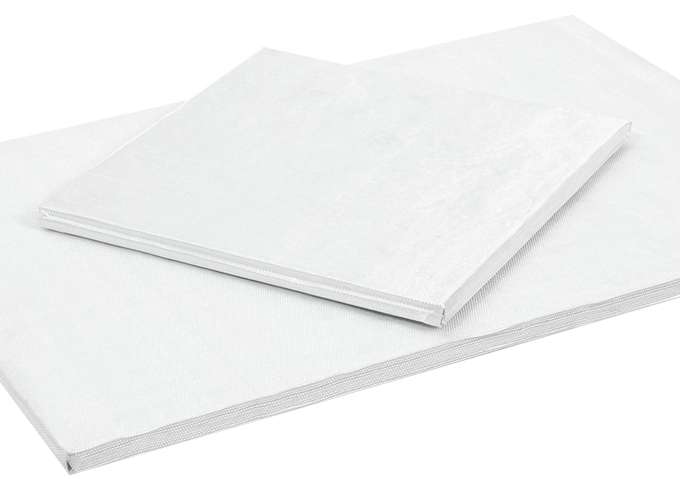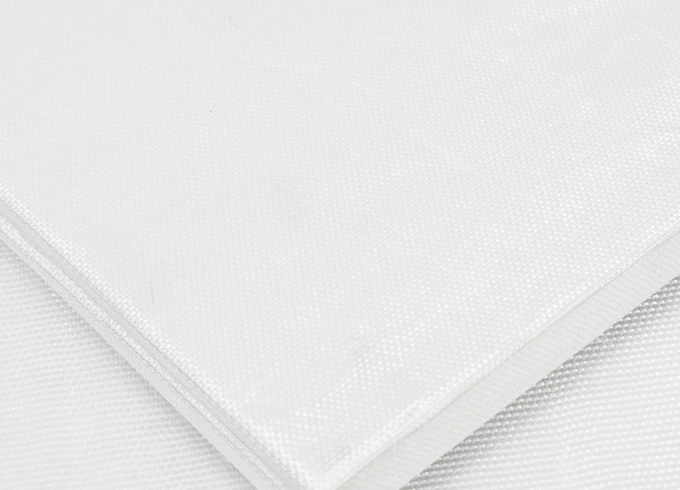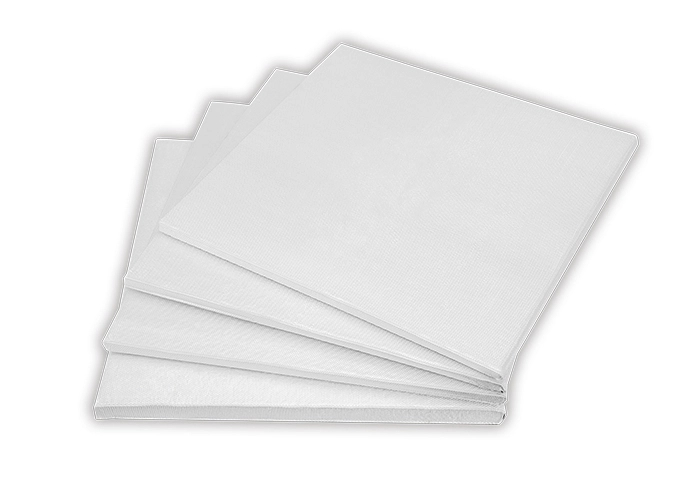When it comes to shipping temperature-sensitive items, maintaining proper temperature control is crucial to ensure the integrity and quality of the products. Thermal insulation materials play a vital role in achieving this goal, as they provide the necessary protection against temperature fluctuations. However, not all insulation materials are created equal, and it is essential to thoroughly test them to guarantee their effectiveness. In this blog, we will explore the importance of thermal insulation materials testing and how it ensures precision in packaging for temperature-sensitive shipments.
Thermal insulation materials testing is a critical step in packaging temperature-sensitive shipments. It involves subjecting the insulation materials to various temperature conditions that mimic real-world scenarios during transportation, storage, and handling. By conducting these tests, we can assess the insulation material's ability to maintain the desired temperature range and protect the products from extreme heat or cold. This testing ensures that the packaging can safeguard the items throughout their entire journey.

For businesses involved in shipping products that are sensitive to temperature fluctuations, ensuring quality and reliability is of utmost importance. A slight deviation from the recommended temperature range can lead to spoilage, degradation, or even complete loss of the products. By conducting thermal insulation materials testing, packaging manufacturers can identify any weaknesses or inefficiencies in the insulation materials before they are implemented in actual shipments. This allows for necessary improvements and adjustments to be made to guarantee the products' safety and quality.

Thermal insulation materials testing encompasses various methodologies to assess the performance and suitability of different materials. Some common types of testing include:
Thermal Conductivity Testing: This test measures how well an insulation material conducts heat. It helps identify the materials with the highest thermal resistance, which are essential for effective temperature control.
Moisture Resistance Testing: Moisture can compromise the insulation material's functionality. Testing for moisture resistance helps ensure that the materials can withstand humidity and moisture exposure without losing their insulating properties.
Pressure Resistance Testing: During transportation, packages may experience external pressures. Testing for pressure resistance helps determine whether the insulation materials can withstand and maintain insulation efficiency under such circumstances.

To ensure accurate and reliable test results, it is crucial to partner with experts in thermal insulation materials testing. These professionals possess in-depth knowledge and experience in conducting various tests and analyzing the results. They can help businesses select the most appropriate insulation materials and validate their efficiency through rigorous testing. Working with experts ensures that packaging solutions are tailored to meet specific temperature control requirements, providing peace of mind during the shipping process.
Thermal insulation materials testing is a vital aspect of precision in packaging for temperature-sensitive shipments. By thoroughly testing insulation materials, businesses can guarantee the quality, reliability, and effectiveness of their packaging solutions. It allows for the identification of potential weaknesses and the implementation of necessary improvements, ensuring that the products arrive at their destinations in optimal condition. To protect your temperature-sensitive shipments, always prioritize thorough thermal insulation materials testing.